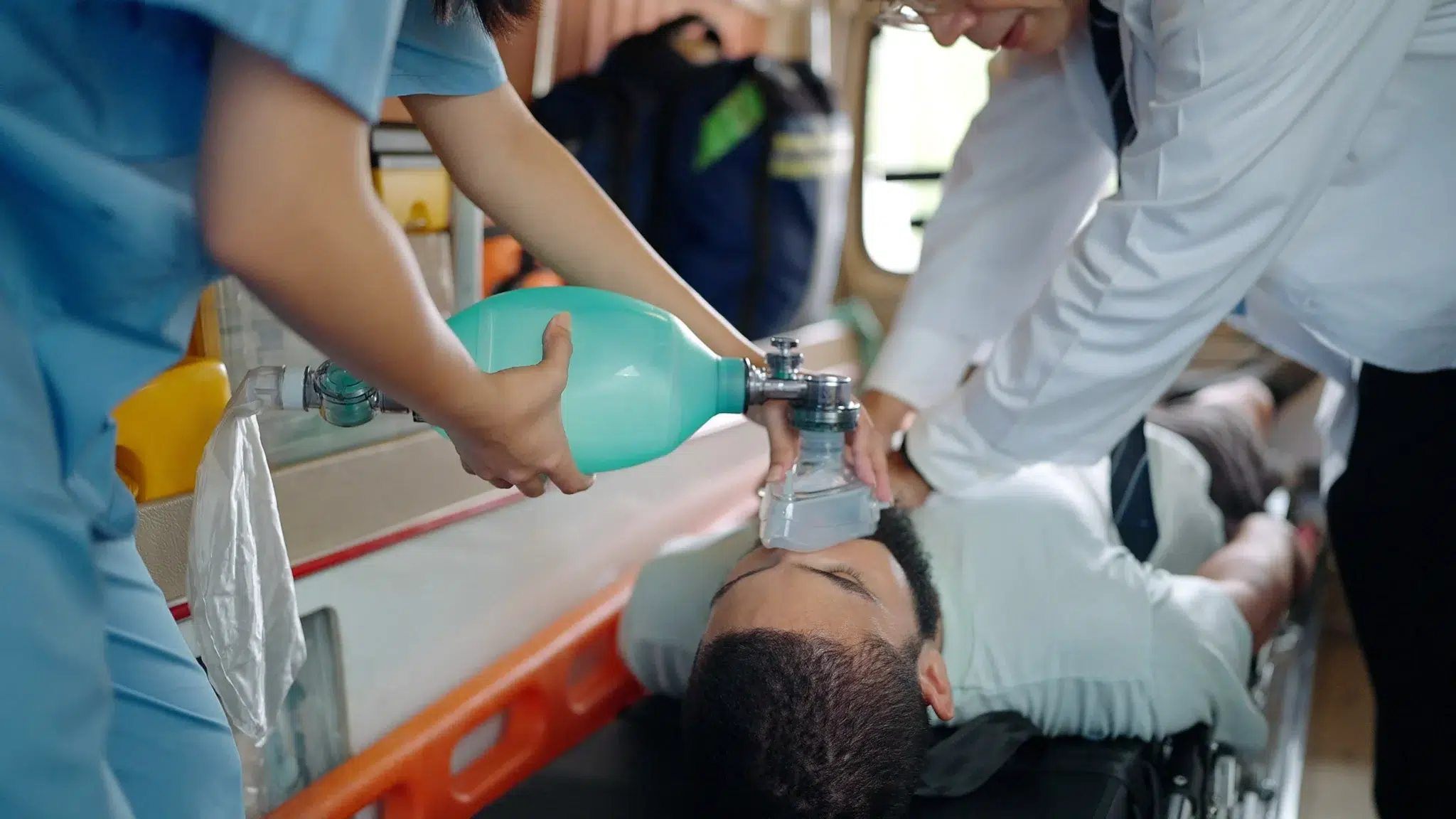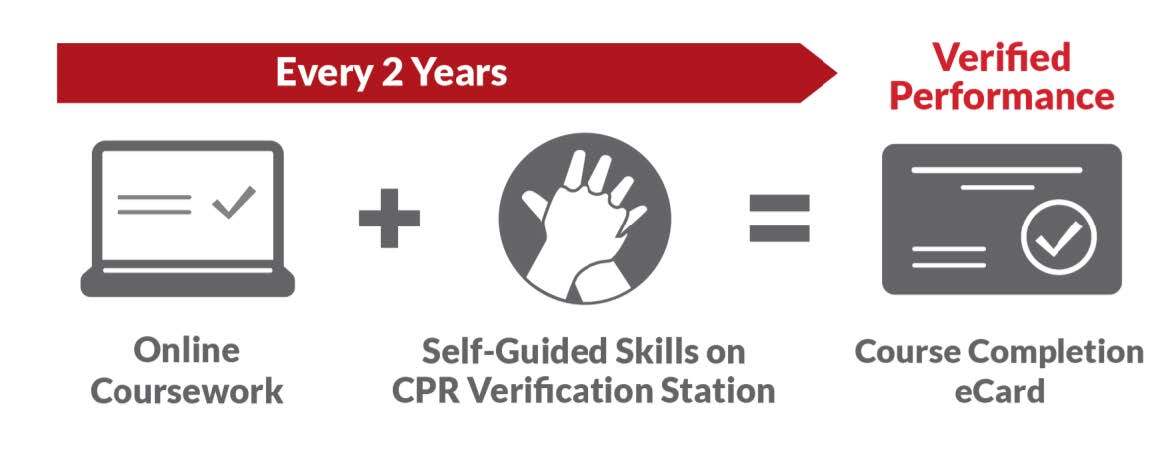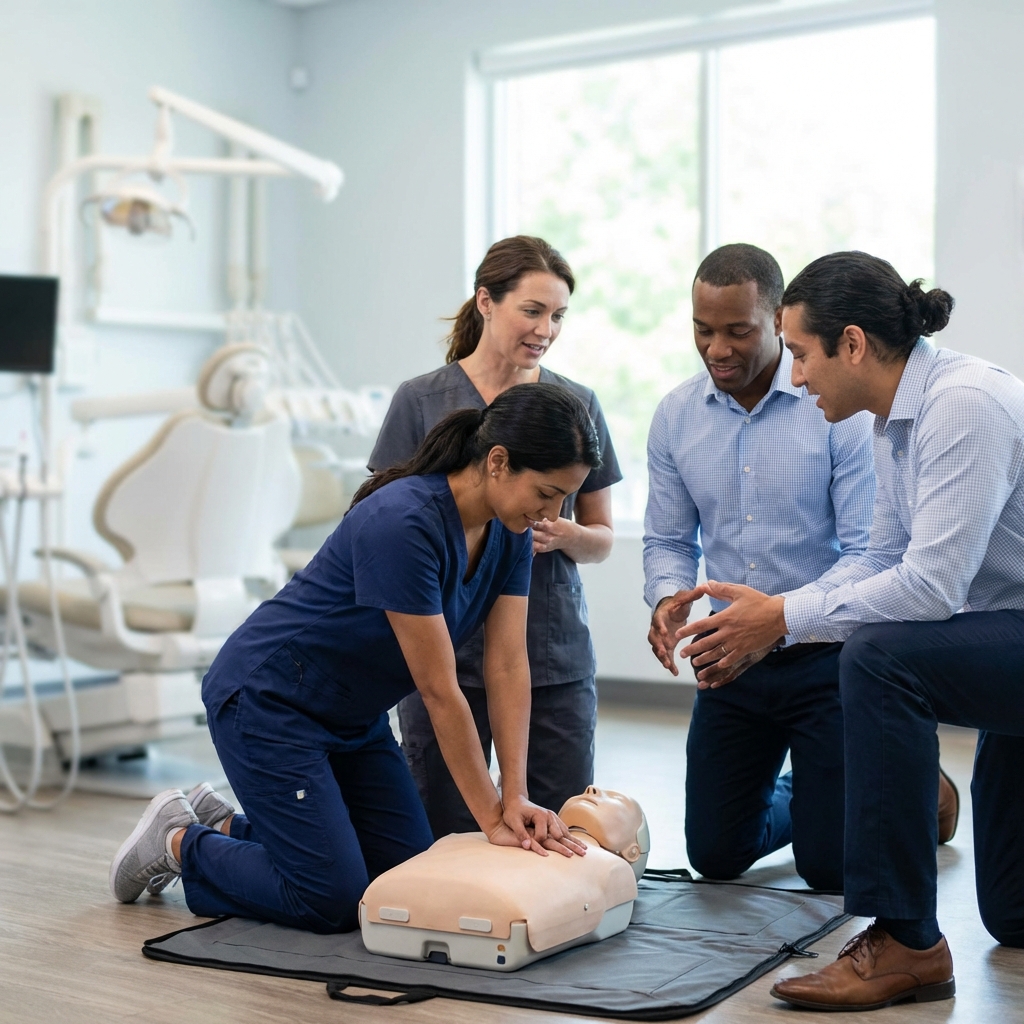In today’s fast-paced world, maintaining lifesaving skills like CPR (Cardiopulmonary Resuscitation) is not only valuable—it’s essential. Whether you’re a healthcare provider, teacher, coach, or simply a concerned citizen, CPR recertification ensures you’re always prepared to respond effectively in an emergency.
Understanding CPR and Its Importance
Cardiopulmonary Resuscitation (CPR) is a critical emergency procedure performed when the heart stops beating. Administering CPR promptly can double or even triple a person’s chance of survival during cardiac arrest. According to the American Heart Association (AHA), approximately 350,000 out-of-hospital cardiac arrests occur in the U.S. each year, and nearly 90% are fatal without immediate intervention.
Knowing how to perform high-quality CPR means you’re equipped to:
- Maintain blood flow to the brain and vital organs.
- Buy time until advanced medical help arrives.
- Potentially save a life.
However, like any skill, CPR techniques can fade with time, especially if not practiced regularly. That’s where CPR recertification comes into play.
When Should You Get CPR Recertified?
CPR certifications typically remain valid for two years from the date of issue. This two-year timeframe aligns with AHA guidelines and helps ensure that certified individuals are up to date with the latest science and best practices.
Here’s a quick guide to help you determine if it’s time to renew:
- Check Your Certification Card: Look for the expiration date and schedule your recertification before that date.
- Mark Your Calendar: Set reminders 60–90 days before expiration to allow ample time to find and complete a course.
- Professional Requirements: Healthcare workers, teachers, childcare providers, and others may need to maintain uninterrupted certification to comply with workplace or regulatory mandates.
- Expired Certification? If your certification has lapsed, you may need to take a full course again rather than a shorter renewal course.
Why CPR Recertification Is Essential
1. Stay Compliant with Job and Licensing Requirements
Many professions require up-to-date CPR certification as a condition of employment. This includes:
- Nurses, EMTs, and physicians
- Teachers and school staff
- Fitness instructors
- Construction and manufacturing workers
- Childcare providers
Failing to maintain current certification can jeopardize your professional standing or even result in lost job opportunities.
2. Keep Skills Sharp
CPR involves more than just chest compressions. It requires:
- Timely decision-making
- Proper hand placement and compression depth
- Use of an Automated External Defibrillator (AED)
- Responding to breathing emergencies
Even if you’re trained, infrequent practice can diminish your confidence and accuracy. Recertification helps refresh your memory and build muscle memory for real-life scenarios.
3. Stay Informed About Guideline Updates
Medical guidelines are regularly updated based on new research. The AHA periodically revises CPR recommendations to improve outcomes. For instance, changes over the years have included modifications to compression-to-ventilation ratios, hand placement, and the use of AEDs. CPR recertification ensures you’re trained according to the most current evidence-based protocols.
4. Boost Your Confidence in Emergencies
Emergencies are high-stress situations. Having up-to-date training can make a significant difference in how confidently and quickly you act. Recertification renews your confidence and reduces hesitation, potentially saving crucial seconds.
How to Renew Your CPR Certification
Renewing your certification is straightforward, and many providers—including Safety Training Seminars—offer flexible, convenient options for busy professionals. Here’s how the process generally works:
Step 1: Find an Approved Training Provider
Choose a certified provider offering American Heart Association (AHA) courses, as most employers and institutions recognize AHA training. Safety Training Seminars, for example, is an AHA-authorized provider.
Step 2: Select the Appropriate Course
Depending on your profession and prior certification, you may need one of the following:
- Heartsaver CPR AED: Ideal for the general public and workplace responders.
- BLS (Basic Life Support): Required for most healthcare professionals.
- ACLS (Advanced Cardiovascular Life Support): For healthcare professionals involved in emergency response.
- PALS (Pediatric Advanced Life Support): For those working with children in medical environments.
Make sure you sign up for a renewal or recertification course, which is usually shorter than the initial training.
Step 3: Attend the Course and Pass the Skills Assessment
Recertification courses typically include:
- A review of CPR procedures
- Hands-on skills practice with manikins and AEDs
- A written or practical exam
Courses are often completed in just a few hours and can be done in-person or through blended learning (online theory + in-person skills test).
Step 4: Receive Your Updated Certification Card
Upon successful completion, you’ll receive a new certification card that is valid for another two years. Digital eCards are common and easily accessible for professional use.
Choosing the Right Training Center
Selecting the right training provider makes a big difference in your experience and the quality of instruction. You want a center that offers:
- Accreditation by the American Heart Association
- Experienced and certified instructors
- Flexible scheduling (including weekends and evenings)
- Multiple convenient locations
- Competitive pricing with a low-price guarantee
- Courses in multiple disciplines (CPR, BLS, ACLS, PALS)
Safety Training Seminars stands out in all of these areas—and more.
Why Choose Safety Training Seminars for CPR Recertification?
Safety Training Seminars is a woman-owned business proudly serving Northern California with more than 65 locations. We specialize in budget-friendly CPR and advanced life support training courses, all certified by the American Heart Association.
Here’s why we’re a trusted choice:
✅ Affordable and Transparent Pricing
With our low-price guarantee, you can rest assured you’re getting exceptional training without overpaying. CPR recertification should be accessible, and Safety Training Seminars is committed to keeping costs low.
✅ Wide Range of Courses
We offer all major AHA courses, including:
- CPR & AED
- BLS for Healthcare Providers
- ACLS and PALS for advanced responders
✅ Convenient Class Times—Every Day of the Week
With classes available seven days a week, including Saturdays and Sundays, it’s easy to find a session that fits your schedule—even on short notice.
✅ Flexible Locations Throughout Northern California
With over 65 locations, there’s likely a training site close to your home or workplace. This minimizes travel time and disruption to your routine.
✅ Professional, Experienced Instructors
The instructors are certified professionals with extensive hands-on experience. You’ll receive clear, practical instruction tailored to your needs.
Frequently Asked Questions About CPR Recertification
Q: Can I renew my CPR certification online?
A: Some components can be completed online, but a hands-on skills test is usually required for AHA-recognized certification. Blended learning (online + in-person) is a convenient option.
Q: What happens if my certification expires?
A: If it’s only been a short time, you may still qualify for a recertification course. If significantly expired, a full course may be necessary.
Q: How long does the recertification course take?
A: Most CPR recertification courses take about 2–4 hours, depending on the course type and your proficiency level.
Q: Is the recertification process the same for everyone?
A: No—your occupation, prior training, and intended use of the certification will determine the right course and format for you.
Don’t Let Your Certification Expire—Act Now!
Staying certified in CPR is more than a professional requirement—it’s a commitment to being prepared when it matters most. Whether you’re a healthcare provider, educator, parent, or good Samaritan, keeping your CPR certification current is a critical step toward saving lives.
Now is the perfect time to renew your certification—before it expires. With convenient class schedules, budget-friendly pricing, and over 65 Northern California locations, Safety Training Seminars makes CPR recertification easy and accessible.









